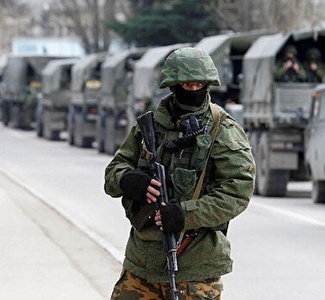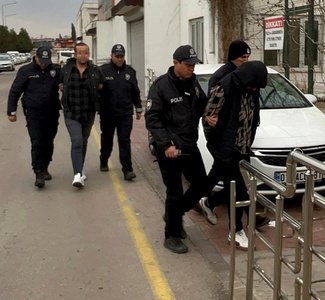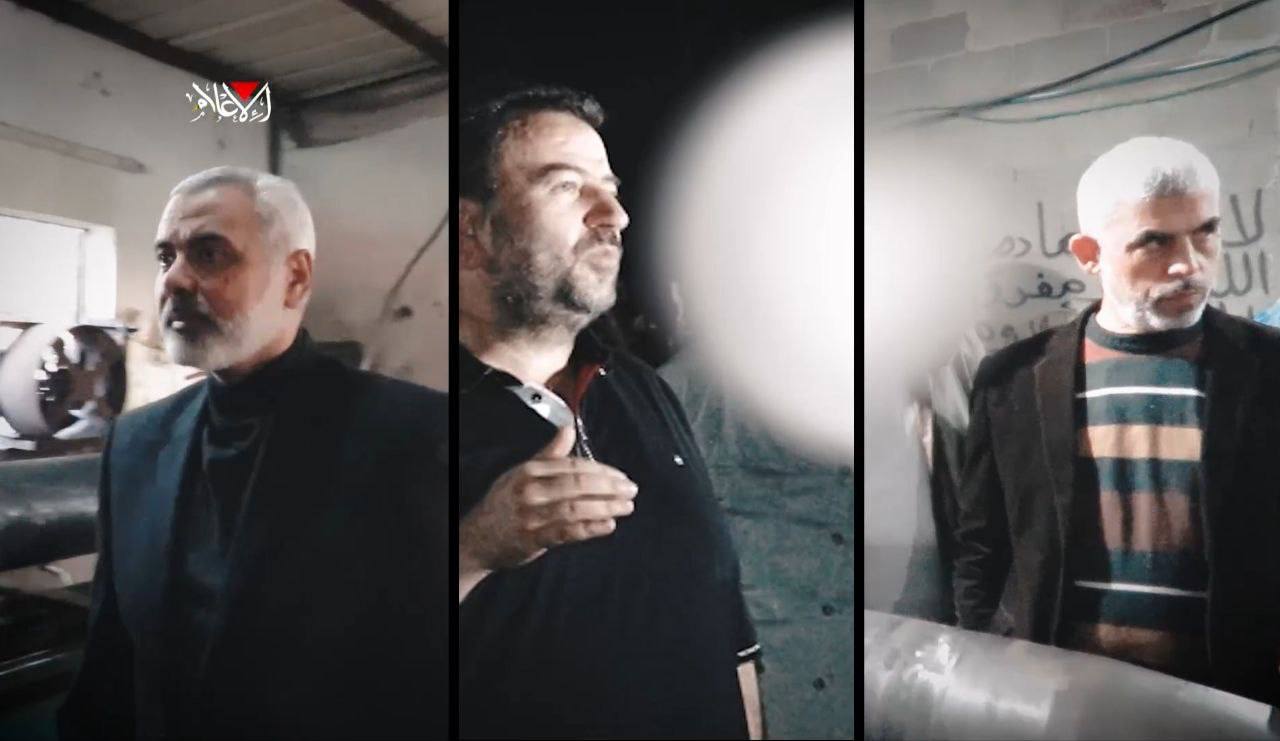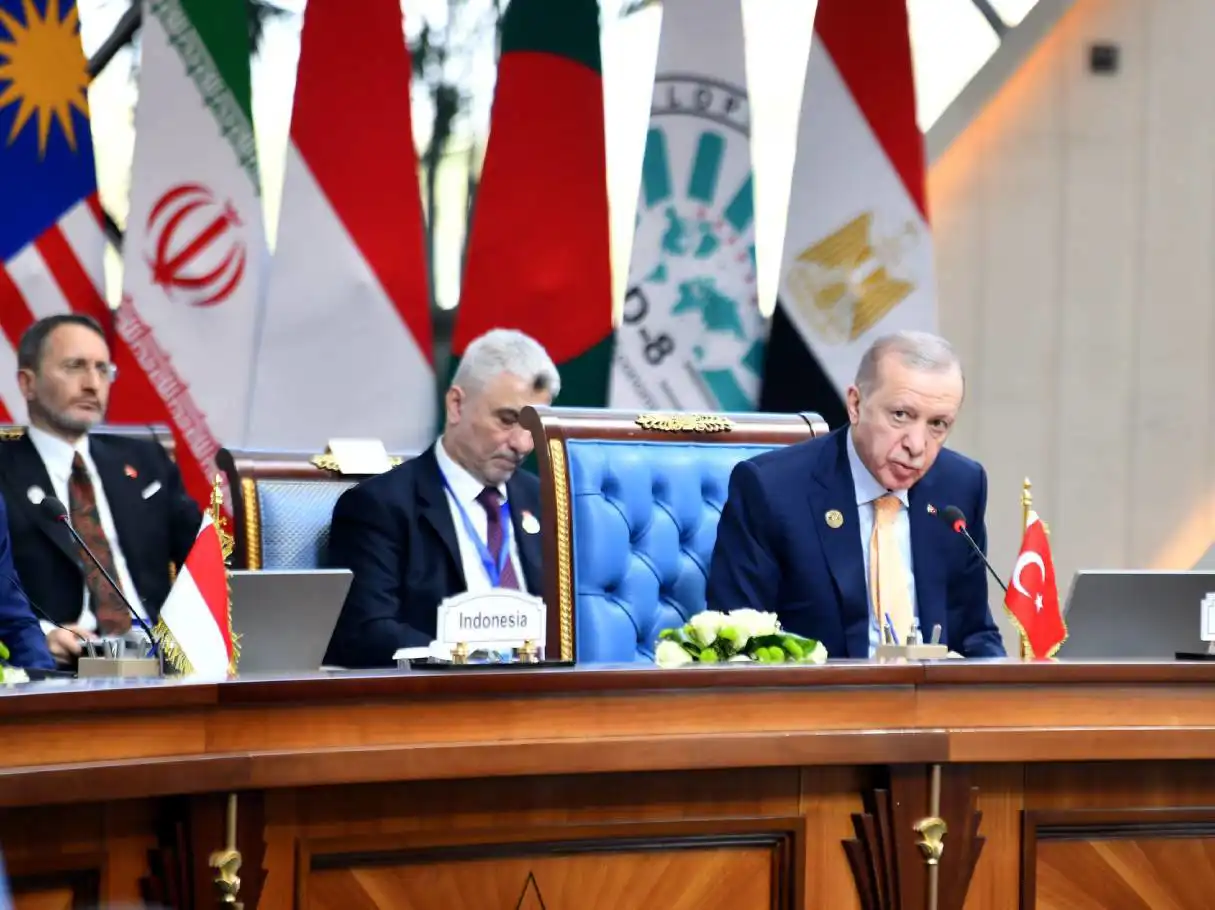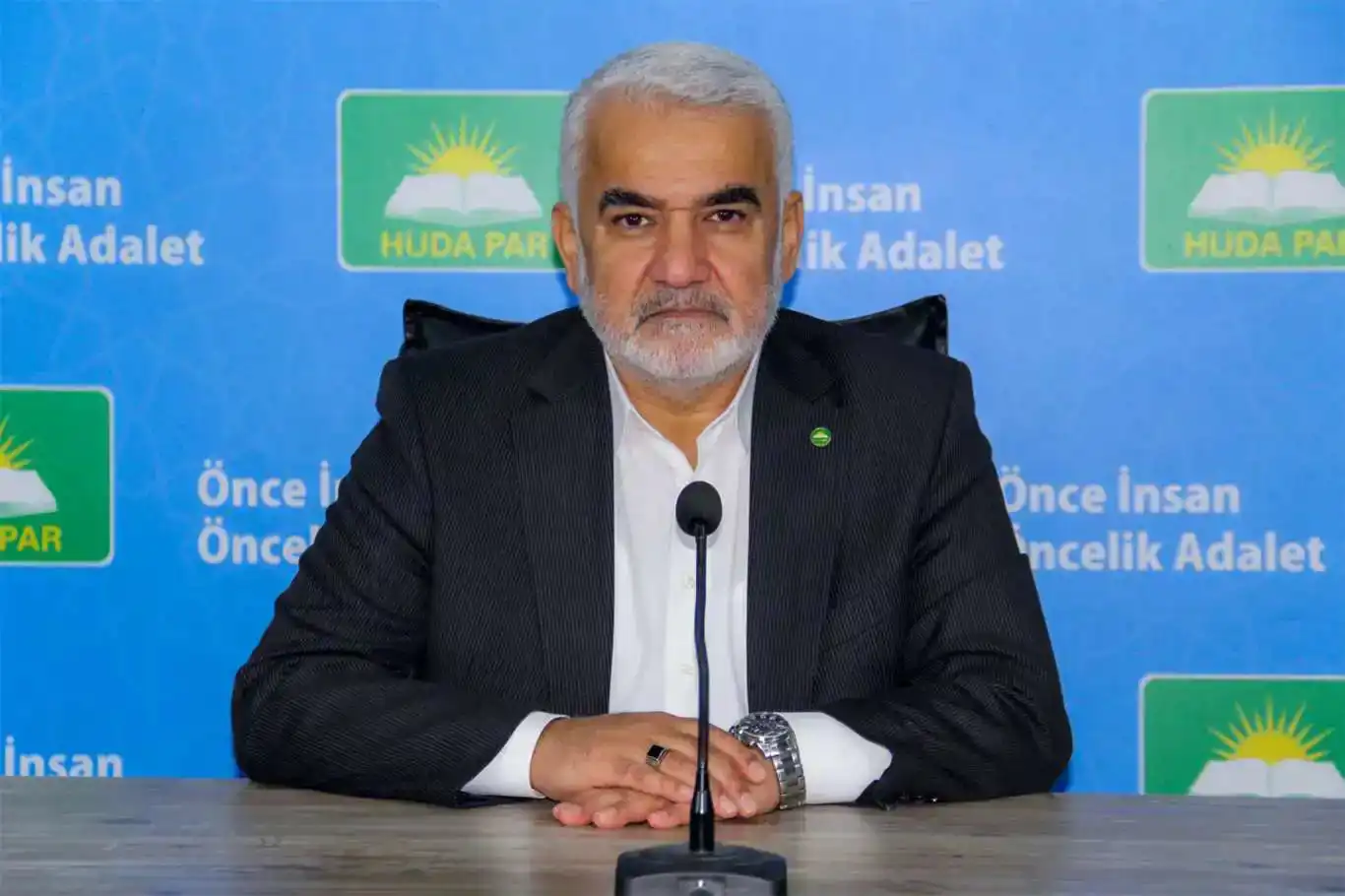Escalating conflict in Sudan triggers massive refugee influx to Chad
According to the UN refugee agency, approximately 60,000 to 90,000 individuals have fled from Sudan to Chad since the outbreak of violence last month.

 Google News'te Doğruhaber'e abone olun.
Google News'te Doğruhaber'e abone olun. The conflict has led to over 250,000 people crossing the borders into neighboring countries, and more are expected to seek refuge as the fighting persists.
A significant majority of the new arrivals, almost 90%, are women and children. Many have been taking shelter under trees in makeshift camps with limited access to essential services.
During a four-day visit to Chad, the UNHCR's Assistant High Commissioner for Operations, Raouf Mazou, emphasized the need to urgently relocate the newcomers to the nearest refugee camps before the onset of the rainy season.
The recent influx of refugees compounds the existing population of approximately 600,000 refugees, predominantly from Sudan, who had previously fled conflicts and found refuge in Chad. With the addition of the new arrivals, Chad now hosts almost 700,000 refugees in total. The UNHCR called for increased international support to aid the displaced individuals from Sudan.
In relation to the urgent need for assistance, the UN Food Programme stated earlier this month that it required $162.4 million to support the Chadian government in providing aid to 2.3 million people facing immediate food insecurity.
On April 15, 2023, violence erupted between the Sudanese armed forces (SAF) and the paramilitary Rapid Support Forces (RSF) in Khartoum, the capital, as well as in Omdurman and Merowe City in Northern State. The conflict subsequently spread to other cities, including Nyala in South Darfur, Al Fashir in North Darfur, El Obeid in North Kordofan, and Ag Geneina in West Darfur.
With both parties heavily armed, the conflict is marked by its high intensity, resulting in civilian casualties and the destruction of homes, assets, and critical infrastructure, including hospitals and markets. In West Darfur State, the conflict has fueled intercommunal clashes, exacerbating violence and adversely impacting the security and livelihoods of the local population.
The conflict has significantly disrupted humanitarian operations, with frequent looting of facilities and vehicles, as well as targeted attacks on humanitarian workers. A three-day ceasefire starting on April 25, 2023, facilitated the evacuation of foreign nationals and the escape of thousands of civilians. However, the extension of the ceasefire for an additional three days was not honored, and hostilities resumed on April 29.
On May 20, representatives of the Sudanese Armed Forces (SAF) and the Rapid Support Forces (RSF) signed an Agreement on a Short-Term Ceasefire and Humanitarian Arrangements. The ceasefire, expected to take effect 48 hours after signing, will last for seven days and may be extended with the mutual agreement of both parties. (ILKHA)







































